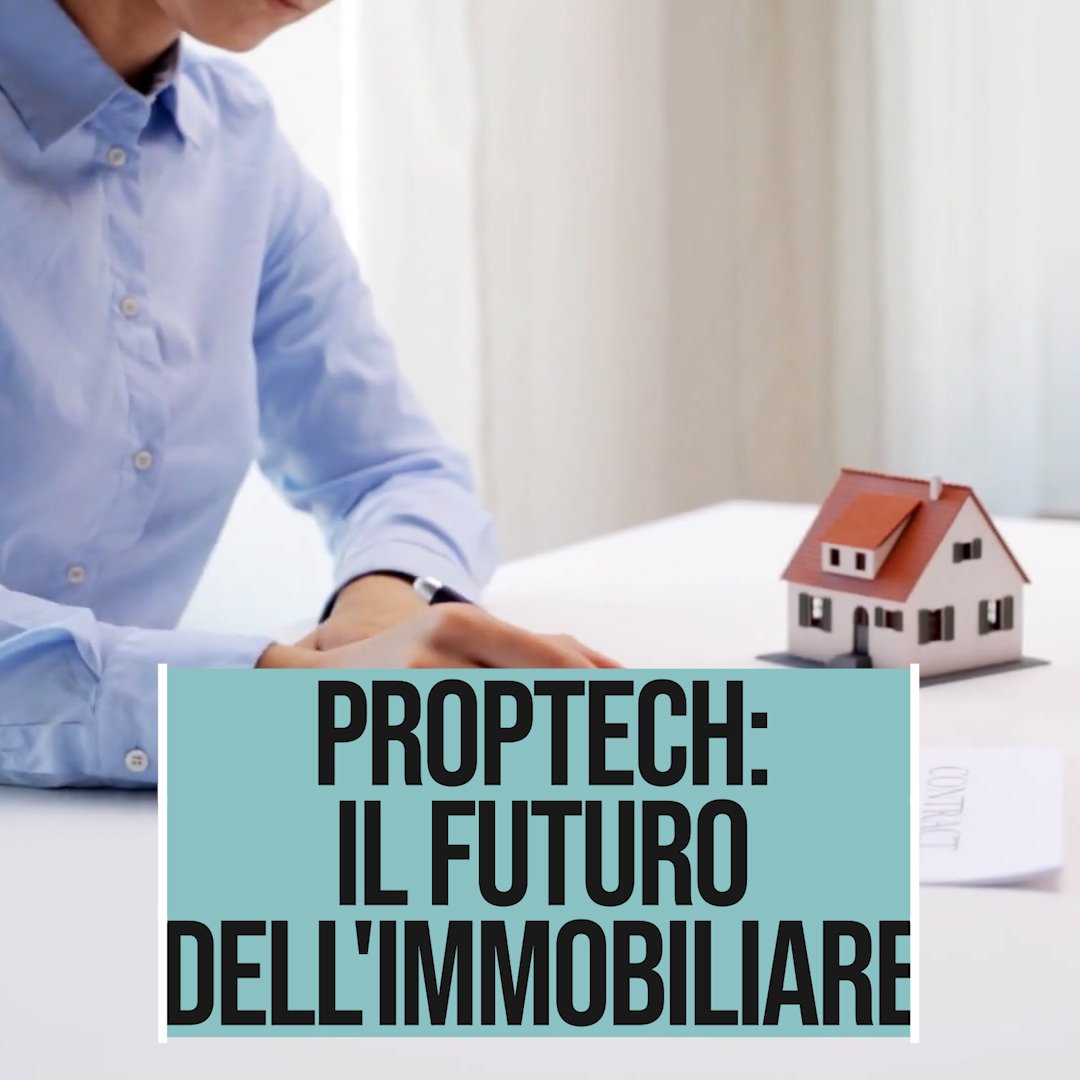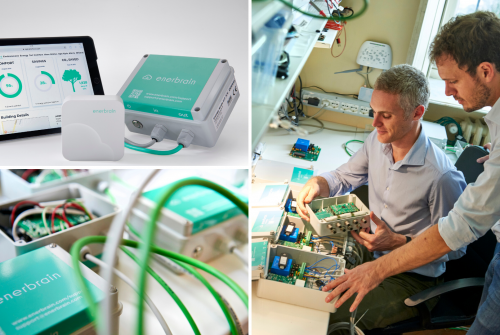Proptech: the real estate market reinvents itself
29 May 2020 | Written by La redazione
The Covid-19 pandemic has catalyzed an ongoing trend, as the real estate market is changing between 3D printing, blockchain and virtual reality

Proptech, a union of the words property (property) and tech (technology), groups together under its wing all legal innovations to the real estate sector. For decades, tools have been available to modernize this market, but only a small slice of enlightened agencies have taken this path, at least until Covid-19. The acceleration impressed by the changes due to the health emergency is also pushing the brick sector which in this period of crisis must find new forms, practices and strategies to reinvent itself. Between blockchain, 3D printing and virtual reality, we find out which technologies will become increasingly relevant in the coming years.
A crisis on the horizon. According to an estimate by the strategic consultancy firm Nomisma, the real estate market is facing a gloomy period: according to the report, between 55 and 113 billion euros will be lost in three years. It is expected that fewer Italians, in this period, will decide to buy a house: according to a survey by Casa.it people have less money available and this leads more people to be afraid of opening a mortgage, also a good portion of the interviewees (35%) are convinced that house prices will drop and therefore prefer to wait. Periods like these can be difficult but they are also an opportunity to reinvent and innovate.
Agencies migrate online. Anyone who has had to deal with renting or buying a house at least once knows how stressful it can be and how long it takes, between appointments, trips and visits. Digitizing this process will save time and optimize the customer / agency relationship in the name of simplicity. The startup Realisti.co allows, for example, to visit the apartments through virtual tours that the owners and agencies can create in a simple and intuitive way by sending the map and some photos. The result is a kind of interactive map that shows the photos in a three-dimensional environment.
Virtual visits. Seeing photos of a house allows you to get an idea, but visiting it to perceive its spaces and dimensions remains a necessity for many. Hence virtual reality comes into play, with which you can explore a 3D environment in a dynamic way, walking through the rooms and observing the house from any perspective you prefer. Startups like AnotheReality exploit a particular technology to record down to the smallest detail: not 360 ° photos but special scanners that use the laser to measure distances to the millimeter and return a reconstruction of the interior as realistic as possible.
Real estate agents, involved in the forefront of these changes, will have to be able to understand and navigate the new tools and paradigms that Proptech offers. Therefore, in the skills necessary to become a real estate agent, for example, the ability to work with artificial intelligence to efficiently manage the huge amount of data and perform predictive analyzes of market trends appears. There are also those who already imagine professionals in the sector working on the move, without the need for a physical store on the street, such as the RockAgent real estate agency.
A home in 24 hours. When we think of 3D printing we imagine small colored plastic objects, hardly a house, yet construction is one of the sectors in which 3D printing could have a disruptive impact. There are many startups active in the sector that are perfecting more and more techniques and tools to build a house consisting of several rooms in a few days if not hours. The spread of this technology, which is still immature today, could lead the entire real estate sector to face a real revolution.
The blockchain and the sale of houses seem to be two areas made for each other. The possibility of having a smart contract in a short time, guaranteed and transparent for the purchase of a house is a prospect that fascinates a lot but that for now, practically exists only on paper. The spread of this technology could allow to move the process of buying and selling real estate totally online, bypassing many professional figures, from real estate agents to banks that provide mortgages. the future of these professionals will revolve around this technology and their ability to be able to ride and guide it and not passively suffer it.







